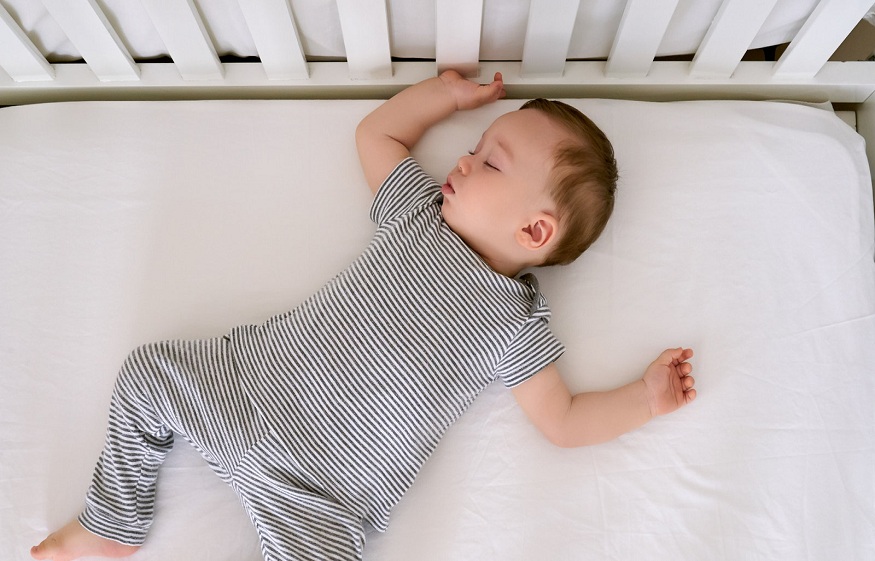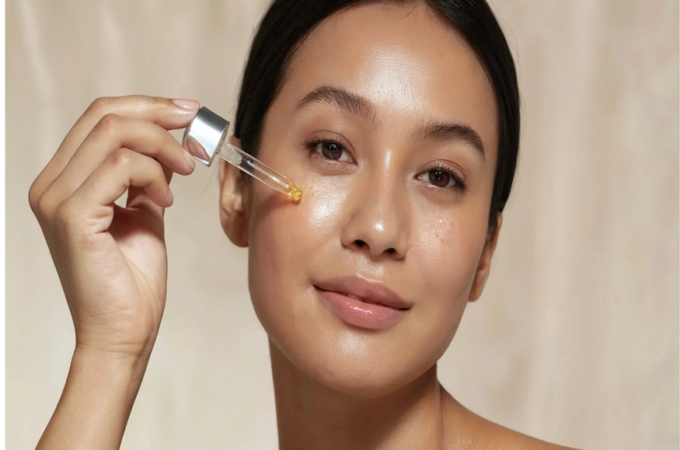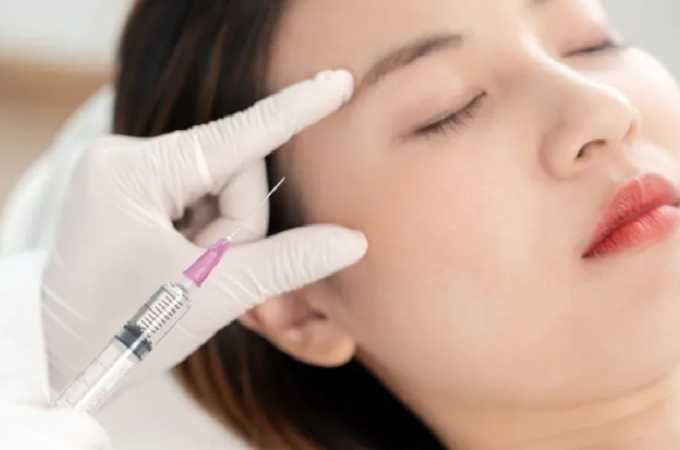
What You Need to Know About Safe Sleep for Babies
Newborn babies sleep an average of 14-17 hours per day. With so much time spent in dreamland, parents need to understand how to make sure their babies can sleep safely. Here are the do’s and don’ts of safe sleep:
1. Do Put Your Baby to Sleep in a Crib or Bassinet
The best place for your baby to sleep is in a crib or bassinet. You may also use a playard or portable crib for on-the-go snooze times. Make sure any product you use meets the most current Consumer Product Safety Commission (CPSC) guidelines.
Your little one should not sleep on anything that is not approved for the specific purpose of safe infant sleep. This includes rockers, gliders, sofas, recliners and regular beds.
2. Don’t Put Anything in the Crib With Your Baby
Your baby’s crib should be free from bumpers, stuffed animals, pillows and blankets until he or she is at least two years old, to avoid the risk of suffocation. To keep your baby warm, use a wearable blanket, also called a sleep sack.
3. Do Place Your Baby on Her Back
Anytime you lay your baby down to sleep, put her on her back on a firm, flat surface. This is the safest position for your baby to receive proper airflow and avoid overheating.
4. Don’t Bed-Share With Your Baby
Sharing the bed with your baby potentially puts him at a higher risk for sleep-related death. Room-sharing is highly recommended, at least for the first few months of your baby’s life, but only bring him into your bed for feeding or comfort.
5. Creating a Safe Sleeping Environment for Babies
A safe environment is also included in the safe sleep guide for newborns. We recommend creating a safe sleeping environment, including:
Position the baby on his back on a firm sleeping surface such as a crib or bassinet, with tight sheets.
Avoid using soft bedding, including blankets, pillows, and soft toys. The crib must be empty.
Babies sleep in the same room as their parents, but not on the same sleeping surface, for at least the first six months. Sharing a room reduces the risk by as much as 50 percent.
Avoid exposure to cigarette smoke, alcohol, and illegal drugs.
The same report also recommends doing skin-to-skin, at least 1 hour after the baby is born and the mother’s condition is medically stable.
Breastfeeding is also recommended as additional protection for the baby.
It’s always a good idea to consult with a baby sleep nurse Washington DC for tips on safe sleep practices for babies.
Your number one priority as a parent is to protect your baby. Heeding expert advice is the best way you can ensure that both you and your baby can sleep safely and soundly.





